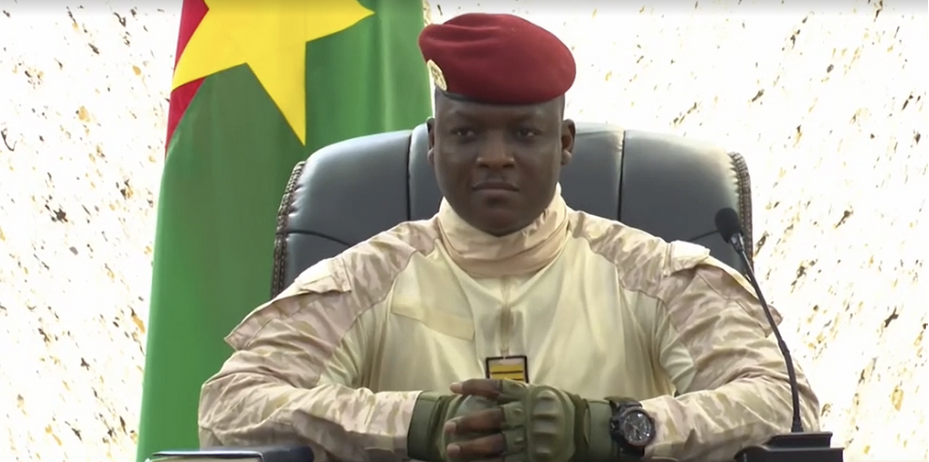Burkina Faso Abolishes Visa Requirements for African Citizens
As of September 2025, Burkina Faso has abolished all visa requirements for travelers who hold African citizenship. While travelers will have to fill out an online visa application, they no longer need to pay visa fees or go through the standard procedure. This follows a trend of other African countries, including Ghana, Rwanda, and Kenya, some of the most visible and prominent countries in their respective regions of Sub-Saharan Africa. Policies like this facilitate increased commerce and trade within the continent, allowing it to become more interconnected and promoting more intra-continent cooperation and cohesion.
This is an especially important moment for Sub-Saharan Africa, both politically and economically: it has some of the world’s youngest populations, while much of the Global North faces fertility challenges, and houses many of the material resources crucial to the development of technology, like AI and electric vehicles. Africa’s young population provides it with a major source of labor and burgeoning expertise that is vital as it urbanizes and develops its domestic and continental economies. Its resources likewise enable the growth of homegrown companies in the automotive, industrial, and technology industries while attracting foreign investment. Countries like Rwanda and Botswana seek to attract international attention and investment through rapid modernization and political and economic leadership among African states. The extensive cobalt veins in the Democratic Republic of the Congo or the large amounts of bauxite (aluminum) in Guinea are essential to the continuing tech boom in the Global North. Africa was instrumental in the initial emergence of the Global North and industrialization, and is instrumental today in a new epoch of technological advancement, but many on the continent today aim to do so on their own terms, shaking off the rust of colonialism and neocolonialism. It is this mindset that envelops and motivates African leaders today, born after colonialism yet raised in its dark shadows.
This new policy emerges amid the Pan-Africanist orientation of Burkina Faso’s new government, led by military captain and iconoclast Ibrahim Traore, following a military coup in 2022. As a leader, Traore has ignited a radical turn away from the West and Western-backed institutions. Thus far, he has ejected French forces fighting Islamist terrorist groups in the Sahel, nationalized foreign-owned industries like the gold industry, and pulled out of the Economic Community of West African States (ECOWAS) alongside the similarly junta-led Mali and Niger to form the Sahel Confederacy. Further exacerbating relations with the West, Traore has chosen to ally with Russia, which has supplied him with military and material support but has drawn ire from international observers. Allying with Russia thereby forgoes previous relationships with the United States and France, Burkina Faso’s former colonial ruler. His stringent anti-Western policies and public image have gained him significant popularity on the continent, partially fueled by extensive and largely positive, if often dubious, social media coverage. In social media and his speeches, his goal has been to pioneer a modern form of Pan-Africanism in order to combat and ultimately “win the war against terrorism and imperialism,” issues which have rocked the Sahel in recent years.
Ultimately, Traore’s actions reflect his efforts to use this modern Pan-Africanism to foster greater African self-reliance and cooperation. More implicitly, this is a way for Traore to bring more economic activity to the struggling nation, as it attempts to grow its mining industry, invest in domestic automotive companies, and harness the labor and economic potential of its young population. All the while, Traore is increasing his prominence on the continent as a paragon of Pan-African strength, independence, and agency in the face of competing global interests in Africa. In many ways, Traore is intentionally harnessing and reinforcing the legacy of Pan-African leaders past, including Ghana’s Kwame Nkrumah and Burkina Faso’s very own Thomas Sankara, who implemented similar socialist policies and enjoyed incredible popularity before his assassination. These iterations of Pan-Africanism were intended as a radical push towards African independence in the immediate aftermath of decolonization. The other Sahel countries (Mali and Niger), similarly ruled by military juntas, are working to emulate the Pan-African approach and have worked closely with Burkina Faso. Looking to the future, Traore’s policies could see a greater emphasis on cooperation among other African nations and regional intergovernmental organizations, possibly building up to the goal of fashioning the African Union (AU) on the European Union’s shared currency, freedom of movement, and joint policies.

